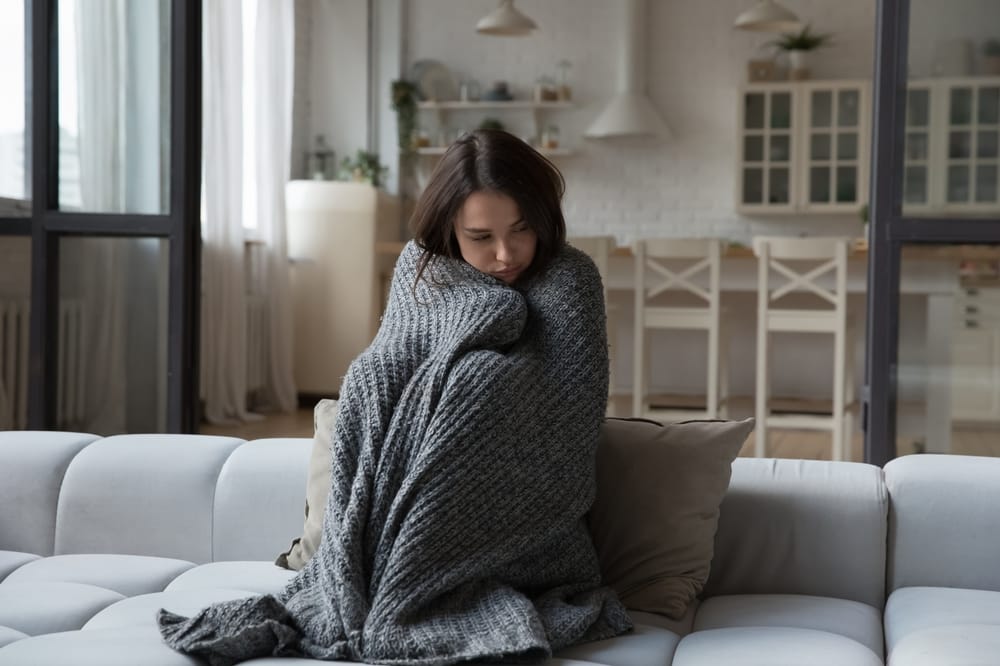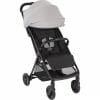Beauty & Wellness
Best Approaches to Manage Seasonal Depression This Winter
During a recent therapy session, my therapist engaged in a discussion about seasonal affective disorder (SAD) and the significance of identifying its indications. SAD, commonly referred to as seasonal depression, is a form of depression associated with seasonal variations, predominantly impacting individuals in autumn and winter. However, some may encounter it during spring and early summer.
In this piece, we present expert guidance from Licensed Clinical Professional Counselor Dr. Kevon Owen on coping with seasonal depression.
Identifying Seasonal Affective Disorder
Individuals experiencing signs of SAD may find the holiday season and beyond to be a more demanding period. Some indications and symptoms of SAD consist of:
- Decreased interest in formerly enjoyable activities
- Challenges with concentration
- Sleep disturbances
- Weight fluctuations
- Irritability or lethargy
- Feelings of hopelessness
I inquired about the escalation in seasonal depression from Dr. Owen. He noted that there might be an increase in awareness and recognition of mental health concerns. Additionally, factors such as anxiety and life stressors contribute to a more comprehensive understanding of seasonal depression rather than dismissing it as feeling melancholic.
Strategies for Coping with Seasonal Affective Disorder
If you or a loved one is exhibiting signs of SAD, seek assistance from a licensed mental health professional. Despite the customary winter family gatherings, it can be isolating for those grappling with seasonal depression. Here are several resilience strategies:
Emphasize personal well-being
Dr. Owen underscored the importance of personal well-being, particularly during the cold and dark winter months. Engaging in self-care practices is vital for sustaining mental wellness.
Pursue professional medical care
Therapy can be advantageous for managing winter-related despondency, and seeking additional professional support is crucial if symptoms exacerbate. Continuing or initiating therapy and adhering to prescribed medications are pivotal steps in addressing mental health challenges.
Managing mental health conditions often entails collaborating with healthcare providers and therapists to determine an effective medication or treatment regimen. Maintaining open communication with your care team regarding your progress and any treatment-related concerns is critical.
Explore light therapy
Light therapy, also known as phototherapy, involves sitting in close proximity to a specialized light box for an hour each morning. This therapy simulates natural outdoor light and can influence mood by affecting brain chemistry. Dr. Owen advocated light therapy for individuals willing to explore it, highlighting its efficacy for seasonal depression.
It is imperative to consult a healthcare provider before utilizing light therapy if you have bipolar disorder, as it may pose a risk of triggering a manic episode.
This portable light therapy device offers three settings and is ideal for use on a desk or table.
This compact light offers two settings—one for daytime and one for nighttime—to deliver optimized light for your body’s natural rhythm.
4 colors available
This glare-free LED therapy light features two light settings.
Search for social reinforcement
Cultivating a robust support network is one of the most effective approaches to confront mental health challenges. Although colder and snowier weather conditions may make in-person gatherings more challenging based on your locale, there are numerous low-key methods to connect this winter.
- Organize a laid-back potluck dinner with family or friends
- Arrange a stroll with a friend
- Engage in sledding, initiate a snowball skirmish, or construct a snowman with neighbors
- Embark on an evening drive (or stroll) with a cup of hot cocoa
- Read the same book or watch the same series as a friend and plan to discuss it
“In circumstances where traditional connections are impractical, aim for virtual connections: ZOOM meetings and Facetime. While not as effective as in-person connections, they are still preferable to loneliness. Interest groups, religious congregations, or hobbyist groups also provide opportunities for connection. If possible, seek out connections. It will be beneficial,” Dr. Owen recommended.

























